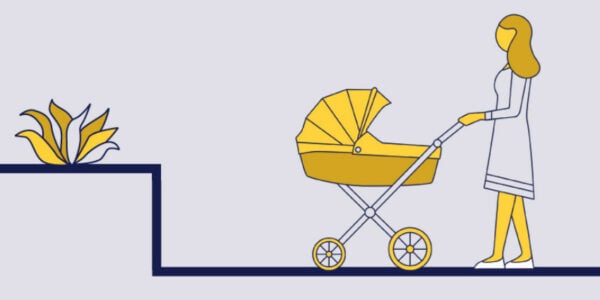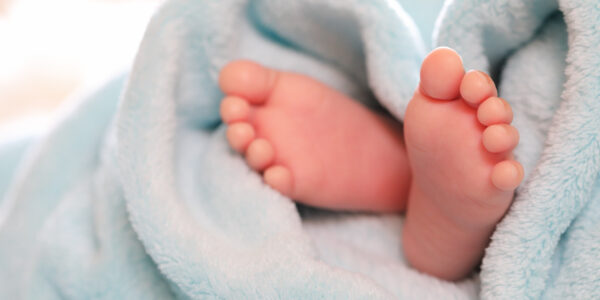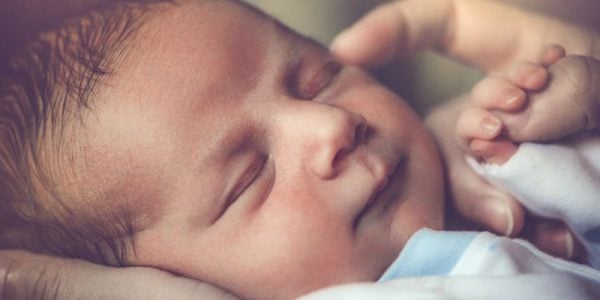This briefing paper provides an analysis of the most recently available data on the number of newborn babies in care proceedings in England and Wales and the proportion of initial hearings involving newborn babies that are held at short notice. For the first time, we are also able to report on the ethnicity of babies in care proceedings in England.
About the data and terms used in this analysis
Our updated analysis is based on Cafcass and Cafcass Cymru data, 1 April 2015 and 31 March 2023. This study makes use of anonymised data held in the Secure Anonymised Information Linkage (SAIL) Databank. We would like to acknowledge all the data providers who make anonymised data available for research.
Our sample included 48,605 babies in England and 4,432 in Wales who were the subject of a care proceedings (s.31) application.
For the purposes of this analysis:
- a ‘baby’ is defined as a child under 1 year old
- a newborn baby is defined as under 2 weeks old, although they may be up to 6 days older, because the underlying data relates to the week of birth.
In cases where local authorities require swifter decision-making following the issue of care proceedings, an application can be made for an urgent interim care order (ICO) hearing. Cafcass offers the following categorisation of urgent hearings, which we use in this briefing:
- a short-notice hearing is one that takes place within seven days of the application issue date
- an emergency hearing is where the first hearing takes place less than three days from care application issue date [note that our research measures one or two days]
- same-day hearings take place on the day the care application is issued, that is, with zero days’ notice.
In some places, we have included analysis from previous reports in order to compare and monitor trends over a longer time period.
Key findings
- In England:
— the number of babies in care proceedings has been on a slight downward trajectory over the last few years – from 5,757 in 2019/20 to 5,354 in 2022/23
— the proportion of these babies who are under 2 weeks old (newborn babies) has, however, increased from 52 % in 2019/20 to 55% in 2022/23
— the rate of newborn babies becoming subject to care proceedings has continued to rise from 49.1 newborn babies per 10,000 live births in 2019/20 to 50.6 in 2022/23.
- In Wales:
— the number of babies in care proceedings has fallen steadily in each of the last few years – from 413 in 2019/20 to 344 in 2022/23
— the proportion of these babies who are under 2 weeks old has remained the same at 51%
— the rate of newborn babies becoming subject to care proceedings has fallen from 70.4 per 10,000 live births to 62.6 per 10,000 births between 2019/20 and 2022/23.
- The number of newborn babies who are the subject of a same-day hearing has increased from 1 in 10 to 1 in 5 over the last 10 years in both England and Wales.
- Regional variations in both the rates of newborn babies in care proceedings and the use of short-notice hearings are worthy of further investigation.
- Reliable data about ethnicity is only available for England and this indicates that babies with mixed or multiple ethnicities are over-represented in care proceedings.





